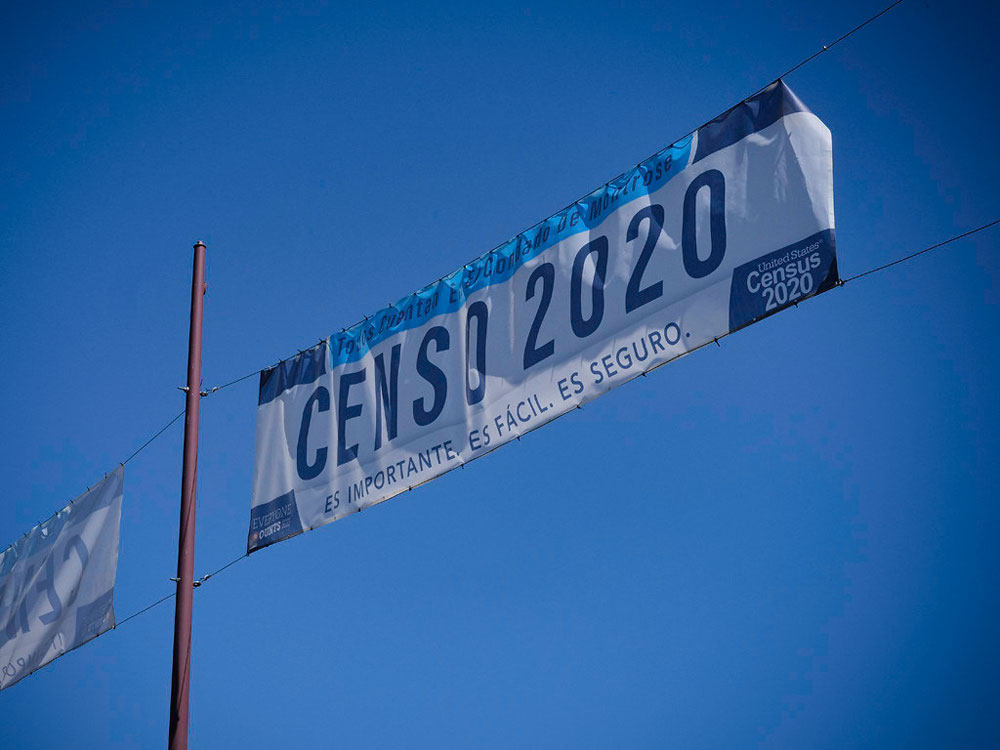
September 25, 2020; National Public Radio (NPR) and New York Times
US federal judge Lucy Koh of US District Judge for the Northern District of California has ordered the federal government to halt plans to conclude the census count as of September 30th and instead continue the census count through October 31st. The decision also restores the date in which a final report is due to Congress from December 31st to April 2021.
Koh’s 78-page opinion in the case was issued yesterday afternoon in case of National Urban League, et al. v. Wilbur Ross, et al. The decision is likely to be appealed, but the case for the extension is strong, and it is vital that nonprofits and philanthropy step up efforts to ensure that everyone is counted.
As NPQ readers will recall, the Census Bureau in the spring had extended the timeline for the census count due to COVID-19 allowing the count to proceed until October 31st with the due date of the final report extended until April. But in early August, the administration of Donald Trump intervened and reversed these measures, prompting four former census directors who had served the last nine US presidents to take the highly unusual step of issuing a formal open letter protesting the action.
The idea that the expedited count could possibly be carried out in a fair manner seemed dubious from the get-go. Here at NPQ, we detailed some of these issues. For example, in August, Liz Moore, who directs the Montana Nonprofit Association, noted that rural communities and seven American Indian nations in her state were highly likely to be adversely affected.
Sign up for our free newsletters
Subscribe to NPQ's newsletters to have our top stories delivered directly to your inbox.
By signing up, you agree to our privacy policy and terms of use, and to receive messages from NPQ and our partners.
In her decision, Koh outlines the many costs that a rushed count would create, including the likely loss of federal funds to undercounted communities and the loss of their fair share of political representation. In her decision, Koh also underscore that political interference from the Trump administration was behind the shortened count period, writing in her opinion that the “facts show not only that the Bureau could not meet the statutory deadline, but also that the Bureau had received pressure from the Commerce Department to cease seeking an extension of the deadline” (page 63 of opinion).
As Hansi Lo Wang reports for NPR, a number of plaintiffs in the case responded with statements. Jonathan Nez, president of the Navajo nation, one of the communities most severely affected by COVID-19, noted, “The coronavirus pandemic has set all of us back and created many challenges to get people counted, especially for rural areas such as the Navajo Nation.” He adds, “Today’s ruling should be respected to allow the census count to continue without disruption.”
Nana Gyamfi, executive director of the Black Alliance for Just Immigration, another plaintiff in the lawsuit, says, “For the Black community, this decision means we have extra time to claim the governmental resources and representation that we’ve been denied.”
And the same may be said for the philanthropic community. The census clock has been extended, at least tentatively, for 31 more days. Use them.—Steve Dubb













